Si ha tenido esto, el riesgo de su Parkinson cae del 20 por ciento, dice nuevo estudio.
Las investigaciones recientes muestran que esto en su historial médico puede disminuir sus probabilidades de la enfermedad.
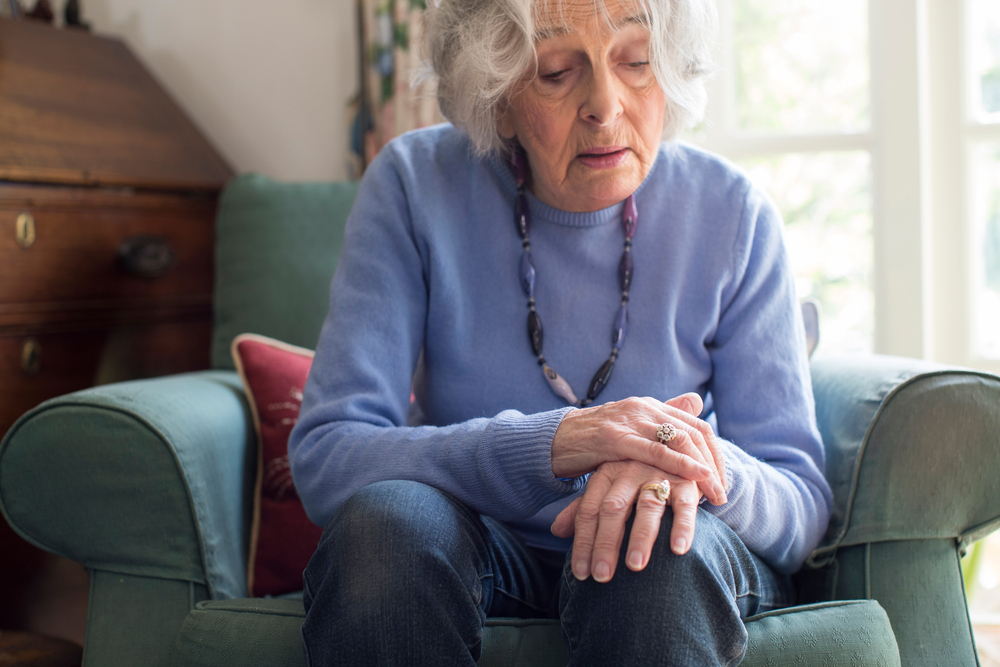
Whether it's family genetics, dietary and lifestyle habits, or a previous injury or illness, a person's medical history can help doctors gauge their risk for potential health issues en el futuro. And while major medical events or lingering issues are usually seen as red flags for illnesses down the line, research shows that some can ironically make someone less likely to develop specific ailments. Now, a new study has found that having one type of medical emergency in particular could significantly reduce your risk of Parkinson's disease. Read on to see what may decrease your odds of developing the neurological disorder.
RELACIONADA:Neil Diamond Says Parkinson's Means He Can Never Do This Again.
Having a heart attack can lower your risk of Parkinson's disease by 20 percent.
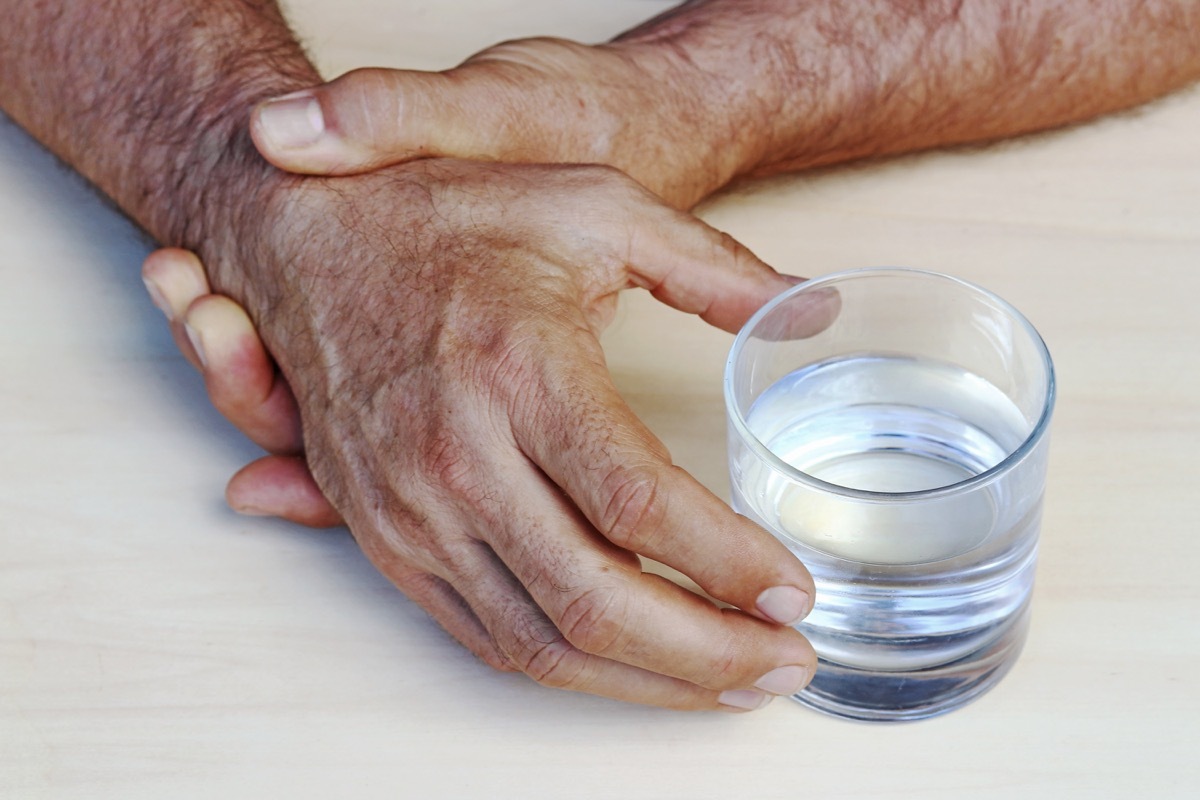
The findings come from a study published on Feb. 16 in the Journal of the American Heart Association. A team of researchers analyzed health data from 181,994 patients in the Danish National Health Service who hadsuffered their first heart attack anytime between 1995 and 2016. Overall, the group had an average age of 71 and was 62 percent male. The researchers then compared data against 909,970 healthy control subjects, matching each patient for similar age, sex, and year of their first heart attack.
After adjusting for health factors known to influence the risk of Parkinson's disease or heart attack, results found that participants who had suffered a heart attack were 20 percent less likely to develop the neurological condition later in life. The analysis also showed that such participants saw a 28 percent lower risk of secondary parkinsonism, which causes symptoms similar to Parkinson's disease.
Some health issues that increase the risk of a heart attack are associated with a lower risk of Parkinson's.
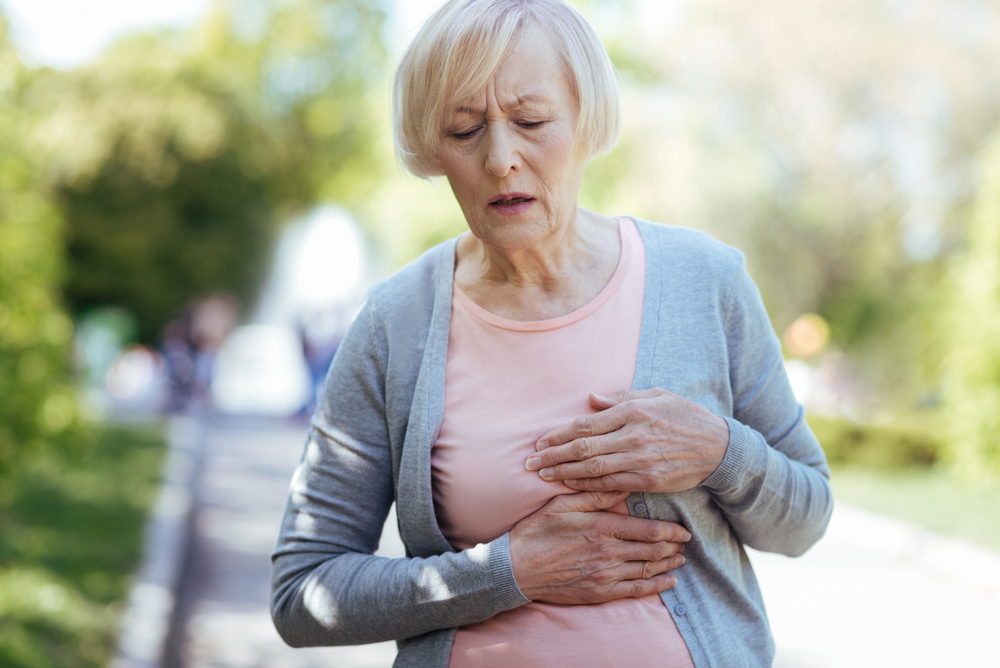
The researchers cited previous research which has found some overlap in risk factors for Parkinson's disease and heart attacks, with increased likelihood for both in older males and a decreased likelihood among those who drink more coffee and exercise more often. But they also pointed out that some of the most common high-risk indicators of a heart attack, such as high cholesterol, high blood pressure, and type 2 diabetes have also been associated with a decreased risk of Parkinson's disease. As a result, the findings could help doctors hone in on different ailments after a cardiovascular health emergency.
"For physicians treating patients following a heart attack, these results indicate that cardiac rehabilitation should be focused on preventing ischemic stroke, vascular dementia, and other cardiovascular diseases such as a new heart attack and heart failure, since the risk of Parkinson's appears to be decreased in these patients, in comparison to the general population," Jens Sundbøll, MD, PhD, the study's first author and epidemiologist from Aarhus University Hospital in Denmark, said in a statement.ae0fcc31ae342fd3a1346ebb1f342fcb
RELACIONADA:For more up-to-date information, sign up for our daily newsletter.
The researchers said further study was needed to better understand the association between heart attacks and Parkinson's risk.
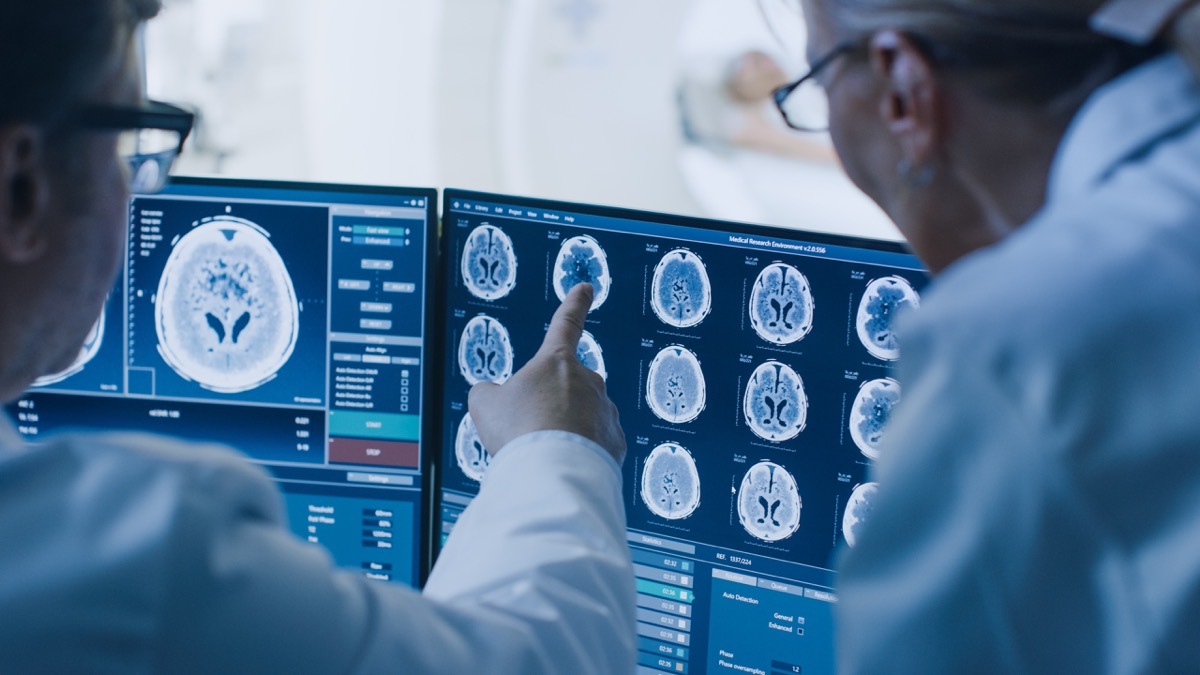
The researchers admit that the study had limitations, including that the participant pool lacked racial and ethnic diversity. They also suggested that more information may need to be collected on risk factors such as high cholesterol in heart attack survivors to understand any connection between the two better.
"We have previously found that following a heart attack, the risk of neurovascular complications such as ischemic stroke [clot-caused stroke] or vascular dementia is markedly increased, so the finding of a lower risk of Parkinson's disease was somewhat surprising," Sundbøll ultimately concluded.
Other events in your medical history could still increase your risk of Parkinson's.
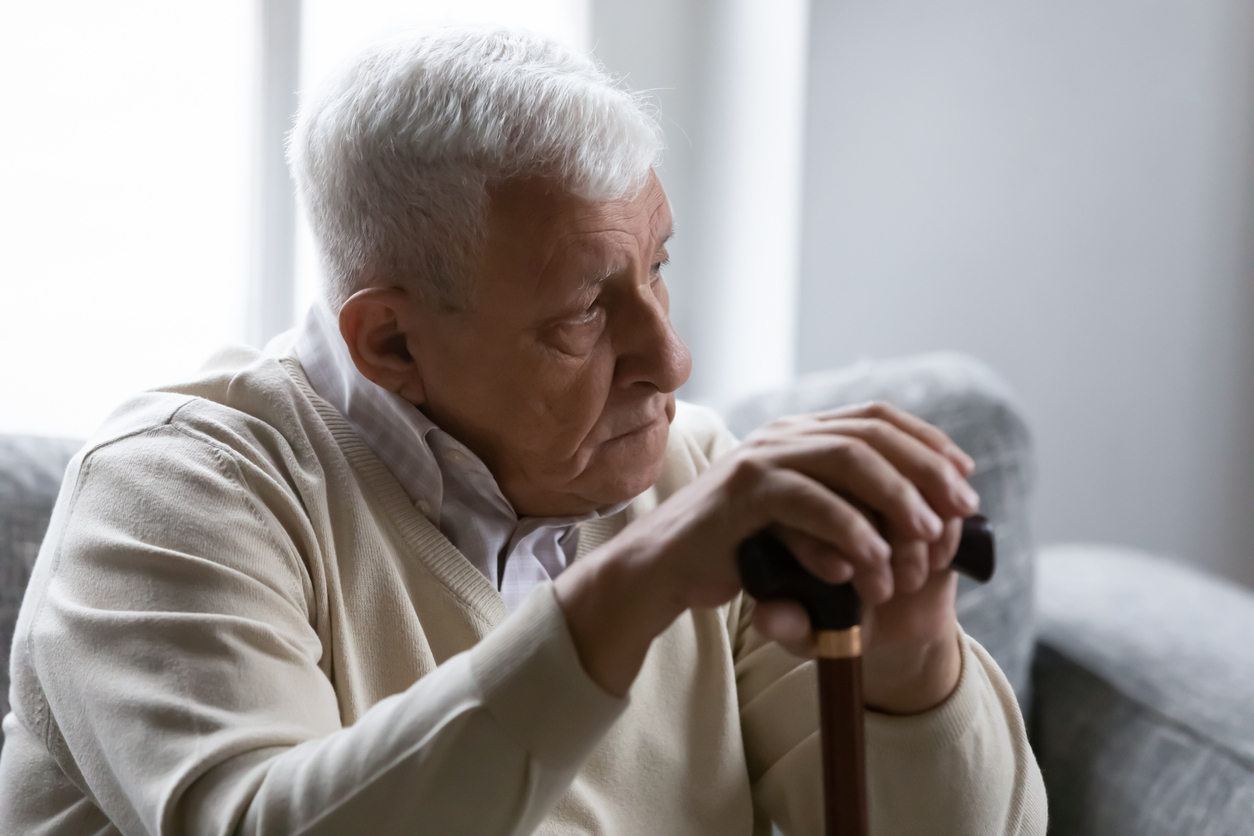
Unfortunately, other research has found that other previous medical issues could increase your risk of the neurological condition. For example, a recent study published inJAMA Neurology used data from Danish health care databases that included 10,231 men and women diagnosed with Parkinson's disease between 2000 and 2016. Researchers then carefully analyzed each patient's information against 51,196 control patients by matching them by age and sex while also tracking flu infections dating back all the way to 1977 through referencing hospital records, Los New York Times informes.
El análisis reveló que aquellos que habían contratado la gripe en algún momento eran 70 por ciento más propensos a desarrollar la enfermedad de Parkinson dentro de los diez años en comparación con los que nunca se infectaron con el virus. Dentro de los 15 años, la probabilidad aumentó a un 90 por ciento más probable.
"Es posible que la asociación no sea única para la influenza, pero es la infección que ha conseguido la mayor atención", " Noelle M. Cocoros , MPH, el autor principal del estudio y un científico de investigación en el Instituto de Cuidado de Salud de Pilgrim Harvard, contado Los tiempos . "Miramos también otras infecciones, y hay varios otros específicos, la hepatitis C y otros, que pueden estar asociados con Parkinson. Pero no teníamos números suficientemente grandes para analizarlos".
RELACIONADA: Si observa esto con los dedos de los pies, se verifican para Parkinson's .

Pamela Anderson revela el momento en que supo que casarse con Kid Rock era un "tremendo error"

8 Hermosos peinados de flores de estrellas de Hollywood
